Speakers Conference Launch Ceremony WHO Collaboration
Prof. dr. Hans van Delden
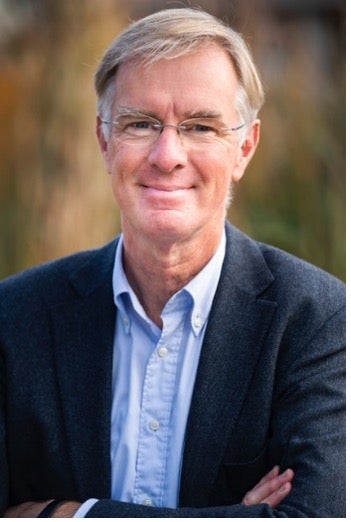
Johannes (Hans) van Delden is full professor of medical ethics at the University Medical Center of Utrecht University, the Netherlands. There he also leads the project on patient and public participation in care, education and research. He is co-director of the WHO Collaborating Center for Bioethics. He has worked for many years as a practicing nursing home physician. He has published widely on the practice and ethics of end-of-life decisions, research ethics, and ethical issues in the care for the elderly. He has built a strong research team which has created a strong track record in the ethics of end-of-life decisions, research ethics, and ethics of biomedical innovation. He served as the chair of the International Bioethics Committee of UNESCO. He has also served as the president of the Council of International Organisations of Medical Sciences (CIOMS), and as the chair of the workgroup for the revision of the CIOMS ethical guidelines for biomedical research.
Dr. Rieke van der Graaf
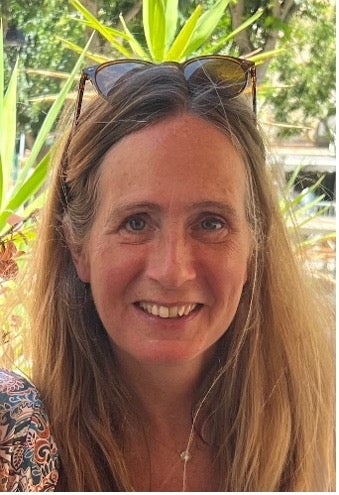
Rieke van der Graaf is an associate professor of Bioethics, with a special focus on research ethics and global health ethics. She is the head of the Bioethics and Health Humanities department at the Julius Center of the UMC Utrecht. She is co-director of the WHO Collaborating Center for Bioethics. She is a member of various committees, including the Health Council (Vaccinations Committee), and the NedMed (research ethics committee of the UMC Utrecht). She teaches medical ethics at Utrecht University, among others as part of the Bachelor program of Medicine, and in the master’s program in epidemiology. She also organizes an annual Summer School Global Health Ethics and Equity.
Dr. Caesar Atuire
Biography
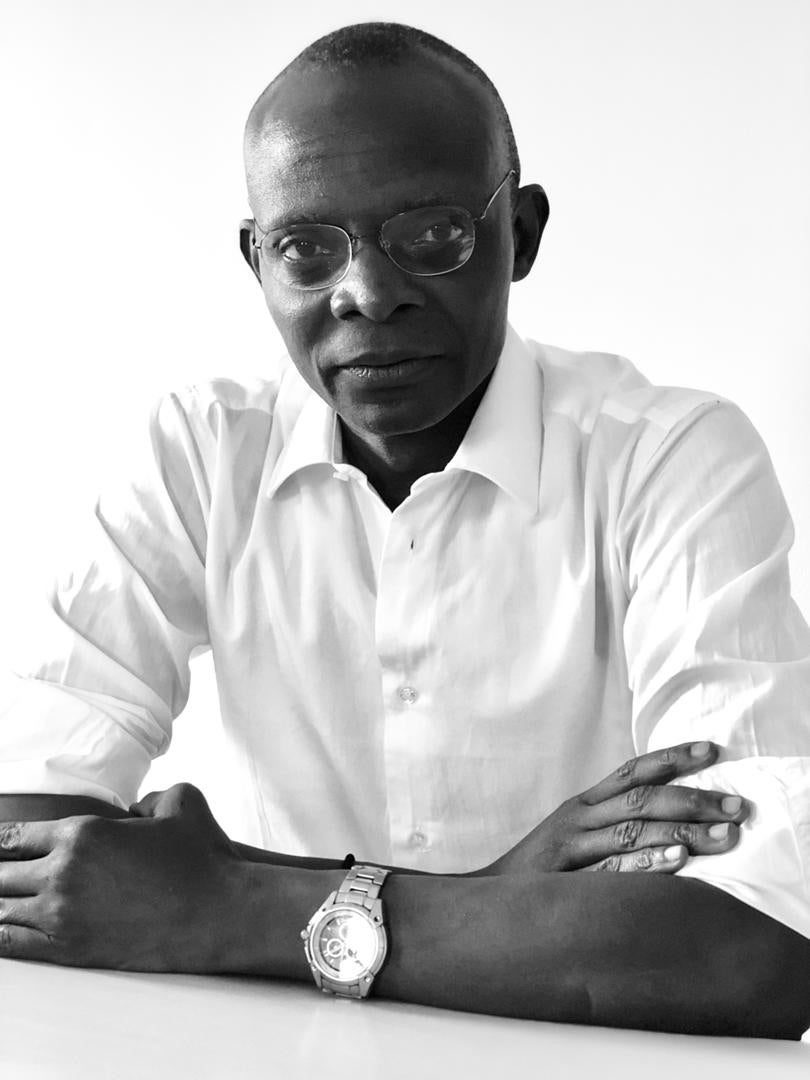
Caesar Atuire is the Ethics and Governance Lead for the MSc IHTM programme at the University of Oxford and Associate Professor of Applied Philosophy at the University of Ghana. He is currently the Principal Investigator of Welcome Discovery Award titled ‘Moving Beyond Solidarity Rhetoric in Global Health: pluriversality and actionable tools’.
Keynote Speech: Solidarity and Global Health Equity
Solidarity is often employed during health emergencies. Although the concept has an immediate intuitive appeal to many, its empirical and normative content seem less clear. In this lecture I will be exploring what solidarity means especially to populations who are often seen as targets of solidaristic appeals in global health. I will also explore why there is resistance to accepting solidarity as a normative concept in global health. I will conclude by raising questions about what a solidarity-less future global health might hold for us.
Dr. Judith van de Kamp
Biography
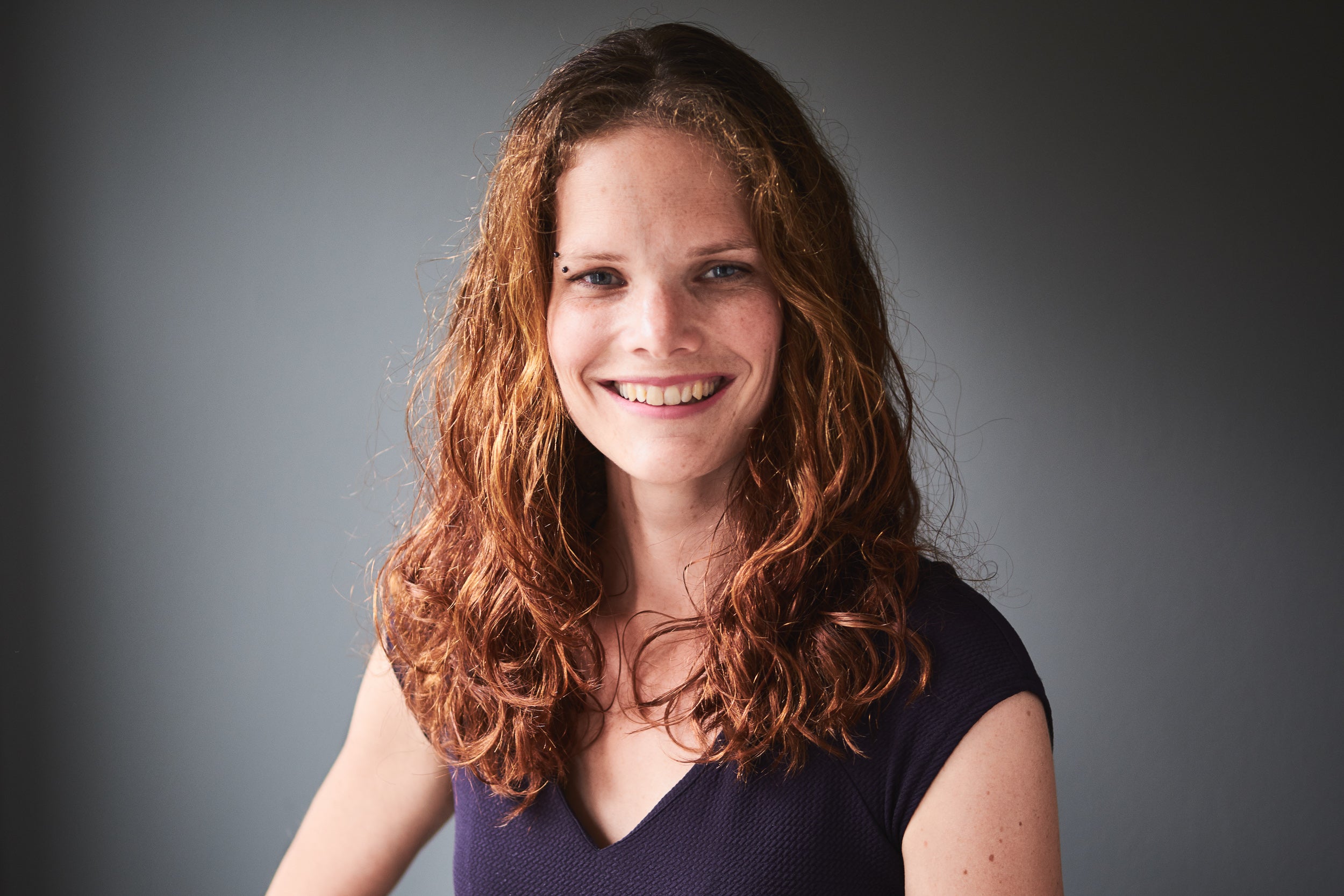
Judith van de Kamp is a medical anthropologist and assistant professor Global Health Education at the Julius Center for Health Sciences at UMC Utrecht. She is a senior lecturer (SKO) and the coordinator of various global health courses at UMC Utrecht and University College Utrecht. With ethnographic research conducted in Ghana, Cameroon and The Netherlands, Judith teaches on past and present global engagement in healthcare linked to power dynamics, white saviorism, and health equity and justice. She is passionate about building equitable institutional educational curricula that allow for students to grow an intercultural and open mindset to tackle complex health challenges, both ‘at home’ and abroad. She is author of the Dutch book 'De derde wereld op je cv' (The third world on your resume) for Dutch adolescents with an interest in working in low- and middle income countries.
Abstract
Ethical Guidance for International Clinical Electives: Why and How?
In the past 20 years, it has become increasingly popular for medical students in universities in high-income countries (HICs) to perform clinical electives in low- and middle-income countries (LMICs). It is a way for students to broaden their horizon, gain clinical exposure and knowledge on tropical diseases and health systems, while at the same time gaining intercultural competences and language skills. There is also increasing attention for the risks of LMIC clinical electives, if students are not adequately prepared for medical work in the specific cultural and socio-economic contexts. For instance, practicing beyond the scope of competence may hinder the building of relationships with local staff and students. Moreover, electives are often unidirectional, with students from HICs traveling to LMICs and not vice versa. Over the past 15 years, several ethical guidance frameworks have been published, such as the Pinto and Upshur framework (2009) which focuses on the principles of humility, introspection, solidarity and social justice. The UMC Utrecht has used this framework to guide its students and facilitate ethically responsible LMIC clinical electives. At the same time, over the past few years global developments in academic teaching have occurred, including decolonization of medical curricula. These developments necessitate further reflection on ethical guidance for LMIC electives. We have conducted a systematic review on ethical principles for medical students and their medical institutions in HICs for LMIC clinical electives. In this talk, Judith van de Kamp shares preliminary findings from this review which highlights the need to organize electives within the context of long-term and unidirectional partnerships. She will relate the findings to the role of students, medical institutions and host hospitals, and engages the audience to discuss how the findings call for more explicit ethical guidance to ensure equitable and future-proof international clinical electives.
Dr. Mariëlle Jambroes
Biography
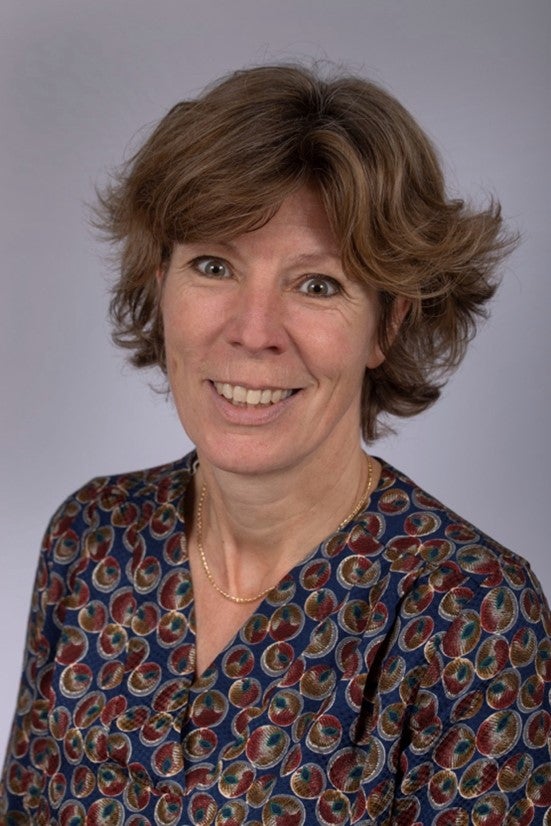
Mariëlle Jambroes is a medical doctor and head of the Department of Public Health at the UMC Utrecht. As a medical doctor, Mariëlle is committed to research and innovation to improve public health, from both public and private organizations. In addition, Mariëlle and her team within the UMC are developing new ways of education for medical doctors in training. She also conducts research into healthcare innovation in the neighborhood. Here she looks at the role of the doctor and the connection between public health and the social domain.
Abstract
Towards research and education with societal impact: Community-based approach to nurture reciprocity between academia and society
Public Health Practice team believes that every human being, regardless of their ethnicity, religion, political believes, or economic and social conditions they live in, has the inherent right to access the necessary resources and conditions to sustain their health and well-being; that includes access to appropriate healthcare. However, living up to this ideal is not always easy, even in the first-world country, such as the Netherlands. The result hereof is extreme health inequalities, sometimes visible by the naked eye, and, sometimes, hidden behind the thick walls of gentrified neighborhoods. Unfortunately, particularly the latter is extremely difficult challenge to address, as people experiencing the most severe health inequalities are often underrepresented in (public health) research and subsequent prevention strategies and public health interventions. In PHP team we try to tackle this challenge by implementing community-based approach in our education of future healthcare professionals, as well as our research practice. As such, we not only innovate in research methodologies to ensure our tools and approaches of data collection are scientifically robust and yet align with needs and capabilities of population segments experiencing multiple layers of vulnerabilities, but we also build bridges between local communities and next generation of healthcare professionals, by embedding community-based approach in our medical education for example by means of ‘clerkships in the hood’.
Dr. Megan Milota
Biography
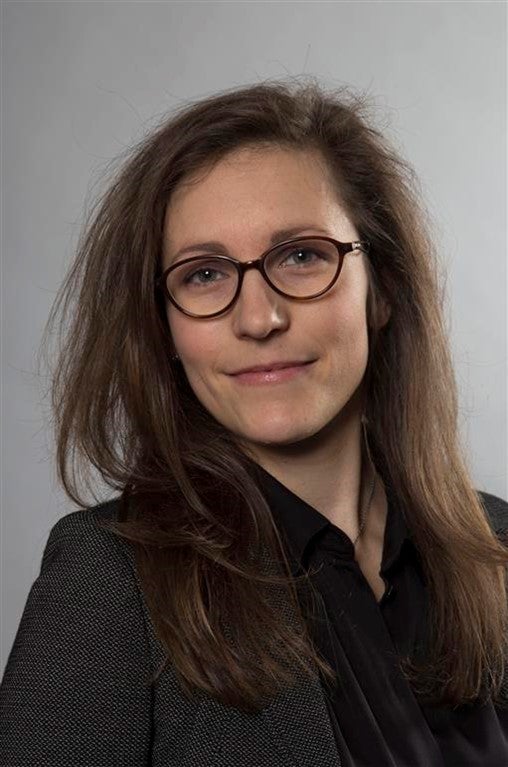
Dr. Megan Milota is an Associate Professor of Narrative Medicine at the Julius Center Julius Center for Health Sciences and Primary Care, UMC Utrecht in the Netherlands. Since 2017, she has been integrating narrative medicine into the medical and paramedical training programs in Utrecht.
Megan is also an ambassador for the New Utrecht School, a platform that facilitates interdisciplinary dialogue, collaboration, and creative exploration between the (bio)medical sciences and humanities. The New Utrecht School is also one of the accelerators in the UMCU's Connecting Worlds 2020-2025 strategy.
Dr. Joyce Browne
Biography
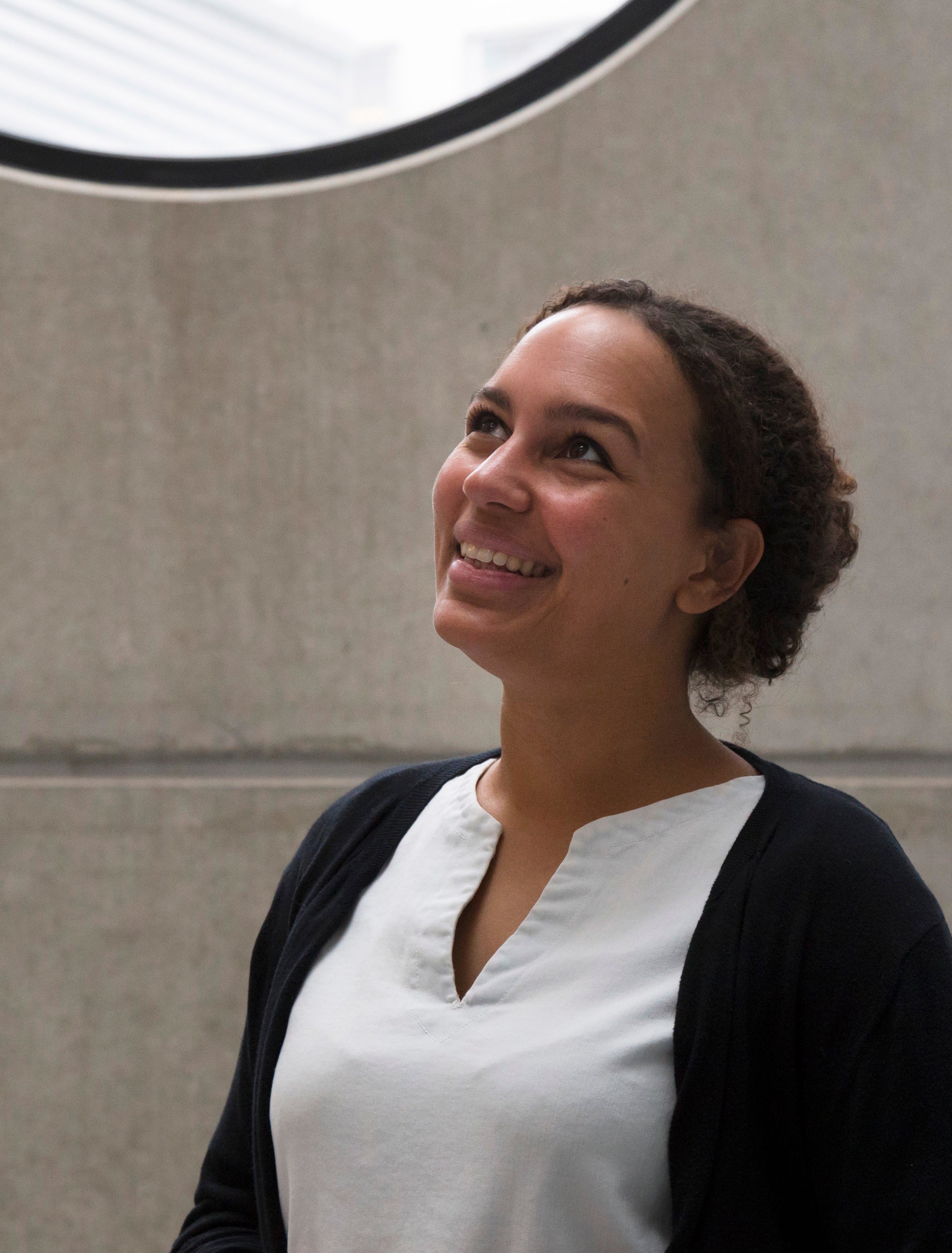
Dr. Joyce Browne is a medical doctor and epidemiologist. The continuing global inequities in reproductive, maternal and perinatal health are the driving force behind her research and professional interests. Her work focuses on global maternal health research, health equity and equitable partnerships in global health, research capacity building in low- and middle-income countries and education in global and planetary health. She currently is an Associate Professor Global Health/Epidemiology at the Julius Center for Health Sciences and Primary Care, UMC Utrecht in the Netherlands.
Gilles Reboux
Biography
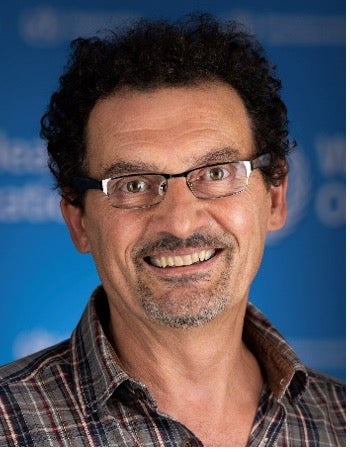
Gilles Reboux is the concept designer and leader of WHO's Health for All Film Festival since its creation in 2020 and that has worked on audiovisual production for sustainable development, humanitarian and health issues. He has served in various international organizations and been involved in filming missions in about 50 low and middle income countries.
Dr. Julie Fraser
Biography
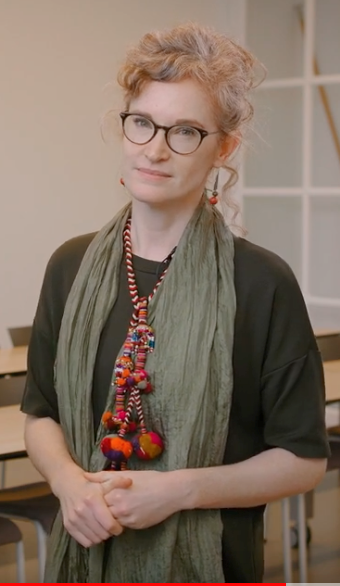
Julie Fraser is an Australian lawyer and Assistant Professor with the Netherlands Institute of Human Rights at Utrecht University. She has over a dozen years experience in international law and has taught and published on a wide range of issues. Her doctoral research on human rights focused on realising women’s right to health. Julie is also a member of the Utrecht Centre for Water, Oceans and Sustainability Law, and a board member of 'Fair Transitions', a research platform that works toward safe, inclusive and climate-resilient landscapes. Her present focus is on the nexus of climate change and human rights.
Abstract
Climate Justice, Health, and Human Rights
Due to the already tangible impacts of the climate crisis around the world, people are bringing legal cases before courts claiming human rights violations. Many of these cases relate specifically to the right to health. A prime example is the case brought by children to the UN Committee responsible for enforcing the Convention on the Rights of the Child (Sacchi et al 2021). Another example is a case brought by elderly women in Switzerland who claim detrimental health impacts due to the rising number of heat waves (Klimaseniorinnen 2024). Studies have shown that the climate crisis disproportionately impacts a range of women and girl’s rights – sometimes in unexpected ways – based on pre-existing inequalities in societies. A study in Kenya has shown that a consequence of climate change is a rise in FGM and early marriage for girls. Given the incredibly broad scope of the climate crisis - impacting the enjoyment of virtually all human rights - greater scholarly attention is needed.
Dona Anyona
Biography
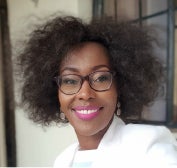
A passionate Human Rights Lawyer and gender equality advocate, Dona Anyona, is the Regional Policy and Advocacy Advisor at Amref Health Africa and one of Amref’s safeguarding focal point. She holds a Bachelor of Laws (LLB) degree from Moi University, a postgraduate degree in Law from Kenya School of Law and a Masters in International Conflict Management from Nairobi University, in Kenya. Her Law specialty is in Human Rights, and she is as an Advocate of the High Court of Kenya. She is a member of the Framework Convention for Global Health (FCGH Alliance) as well as the Amref Ethics and Scientific Review Committee (ESRC). She has led and supported regional initiatives at Amref Regional Programme, particularly health policy advocacy and gender and inclusion programming. She has been an adjunct lecturer at Amref International University (AMIU). She is also a PhD student in the Department of Bioethics and Health Humanities, UMC Utrecht, under the supervision of Prof. Dr. Hans van Delden, Dr. Rieke Van Der Graaf and Dr. Julie Fraser. Dona’s PhD is on Adolescent Sexual Reproductive Health (ASRH) that includes the effect of climate change on ASRH.
Dr. Hans Kluge
Biography
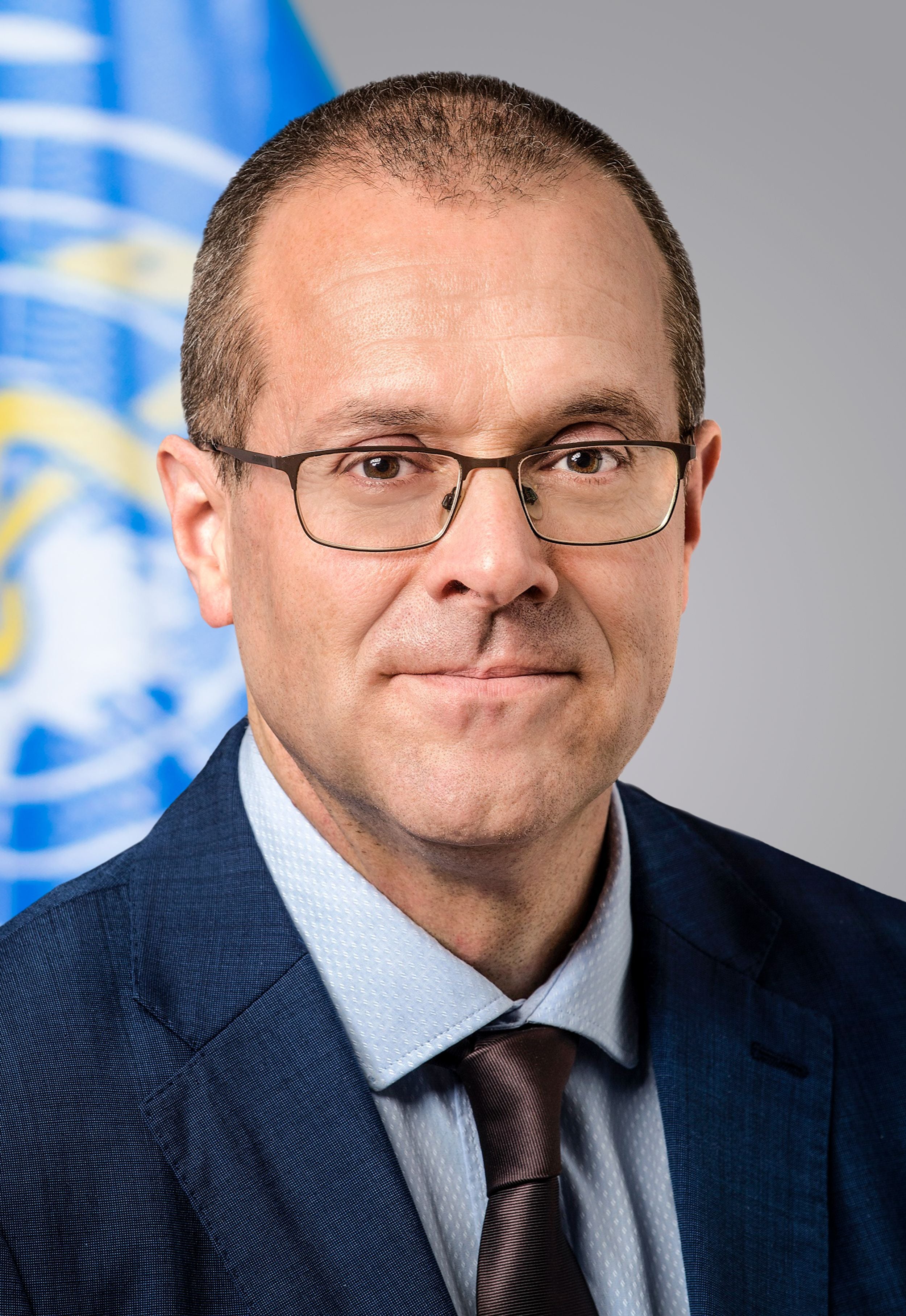
Dr Hans Henri P. Kluge began his term as WHO Regional Director for Europe on 1 February 2020, following his nomination by the WHO Regional Committee for Europe and appointment by the WHO Executive Board. He has 25 years of experience in medical practice and public health in numerous settings around the world. Dr Kluge joined WHO in 1999, as TB and TB-HIV Project Manager at the WHO Country Office in the Russian Federation. During 2004–2009 his focus expanded, as Medical Officer for TB and then becoming Team Leader for the 3 diseases unit (HIV, TB and malaria) at the WHO Country Office in Myanmar, as well as working as a consultant to the Democratic People’s Republic of Korea on TB. In 2009, Dr Kluge moved to the WHO Regional Office for Europe, and the following year was appointed Director of the Division of Health Systems and Public Health, and Special Representative of the Regional Director to Combat Multi/Extensively Drug-Resistant Tuberculosis. As division director, he led the development of a new WHO European Region vision on health systems for prosperity and solidarity; drove work on a regional study on universal health coverage and financial protection; prioritized a focus on service delivery including integrated and primary health care; and built strong partnerships on health system performance and reforms with the European Commission, Organisation for Economic Co-operation and Development (OECD), World Bank, GAVI, the Global Fund to Fight AIDS, Tuberculosis and Malaria, the European Observatory on Health Systems and Policies, civil society and donors.
Prof. dr. Margriet Schneider
Biography
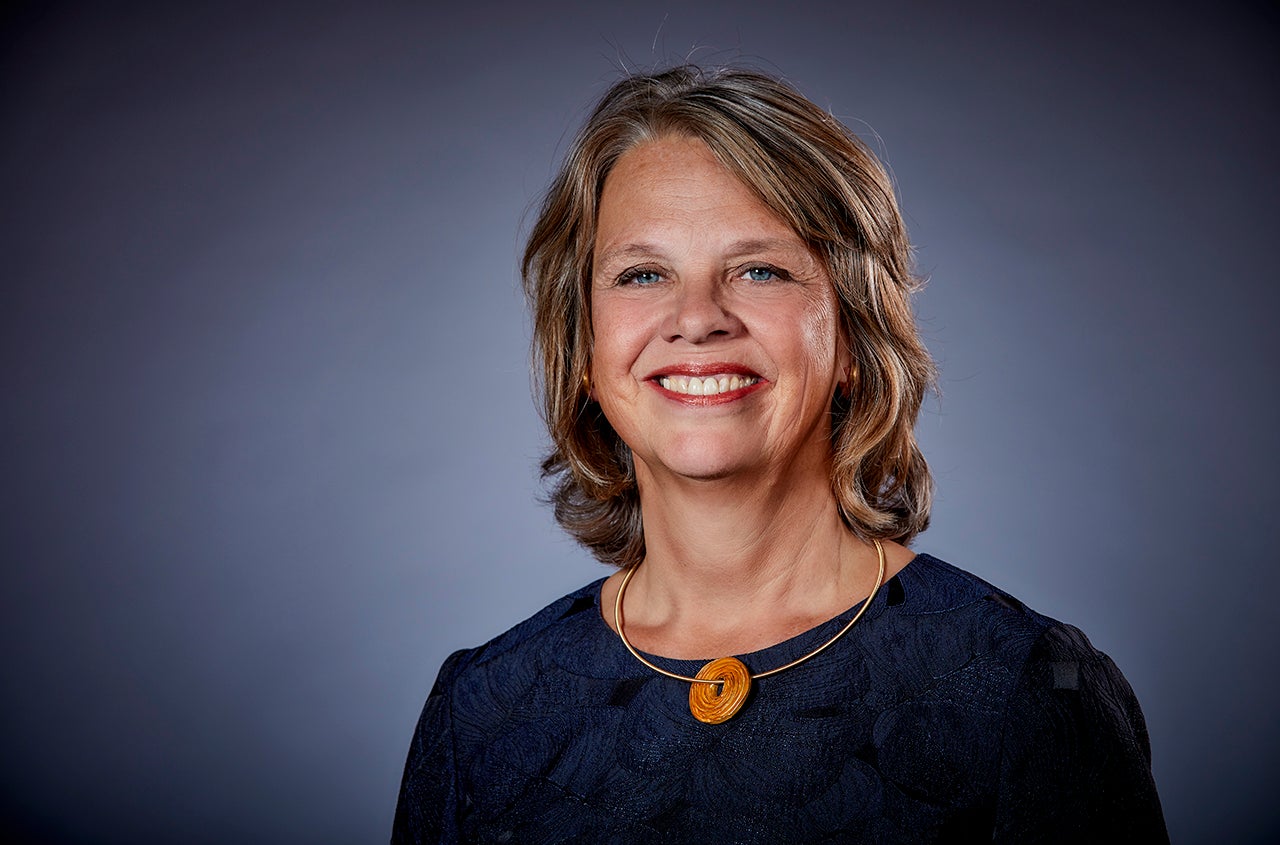
'Adding value to people's lives, because every person counts' is the mission of the University Medical Centre Utrecht (UMC Utrecht). A merger of a university hospital, including a children's hospital, and the medical faculty of Utrecht University. UMC Utrecht recognises its social responsibility, regionally and globally. With a distinguished track record, nationally and internationally, in research and education in care and cure, UMC Utrecht strives to create an 'innovation loop' where societal challenges guide scientific research and where scientific results quickly go from 'bench to life'.
Margriet Schneider has been CEO of UMC Utrecht since 2015. Margriet is committed, in interaction with patients, employees and society, to preventing diseases, improving healthcare and developing new treatment methods that meet the healthcare needs of today and the future.
Dr. Rieke van der Graaf
Biography
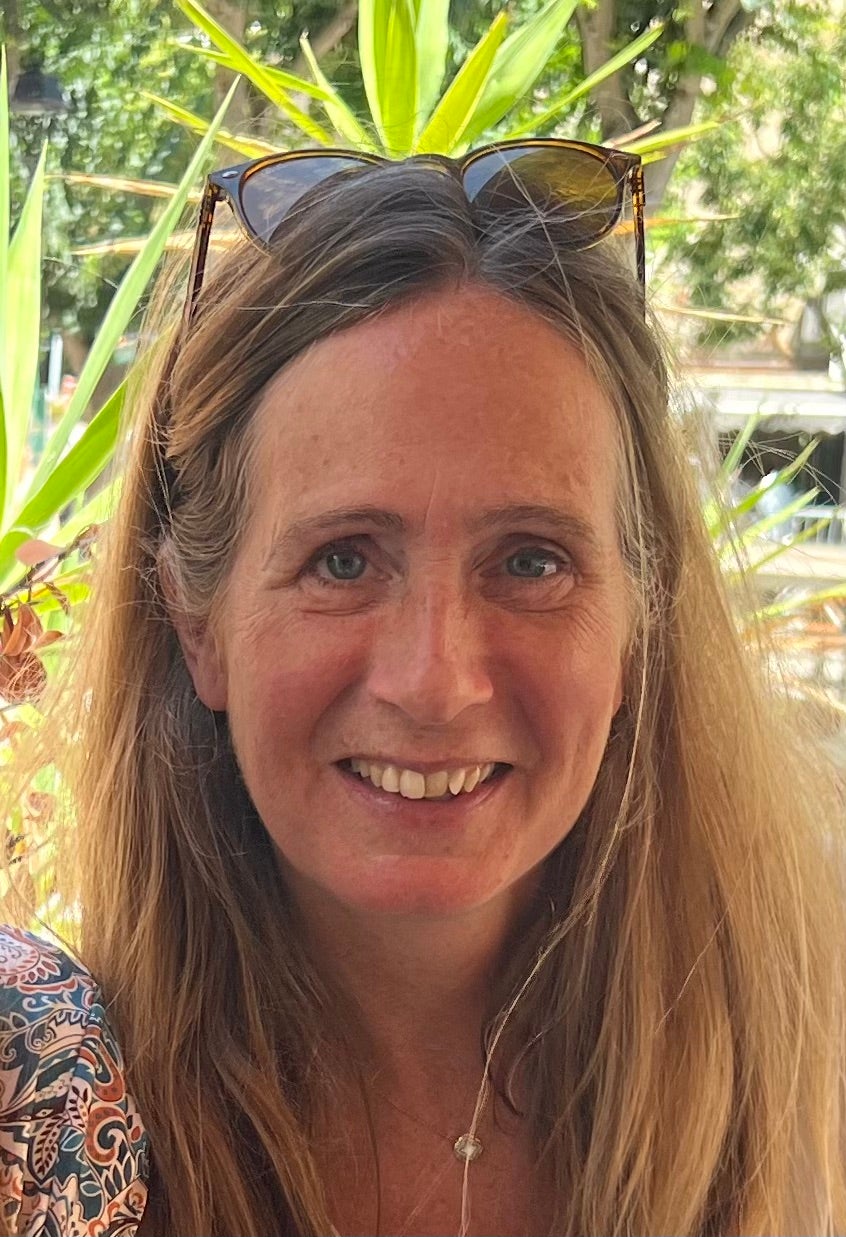
Rieke van der Graaf is an associate professor of Bioethics, with a special focus on research ethics and global health ethics. She is the head of the Bioethics and Health Humanities department at the Julius Center of the UMC Utrecht. She is co-director of the WHO Collaborating Center for Bioethics. She is a member of various committees, including the Health Council (Vaccinations Committee), and the NedMed (research ethics committee of the UMC Utrecht). She teaches medical ethics at Utrecht University, among others as part of the Bachelor program of Medicine, and in the master’s program in epidemiology. She also organizes an annual Summer School Global Health Ethics and Equity.
Dr. Andreas Reis
Biography
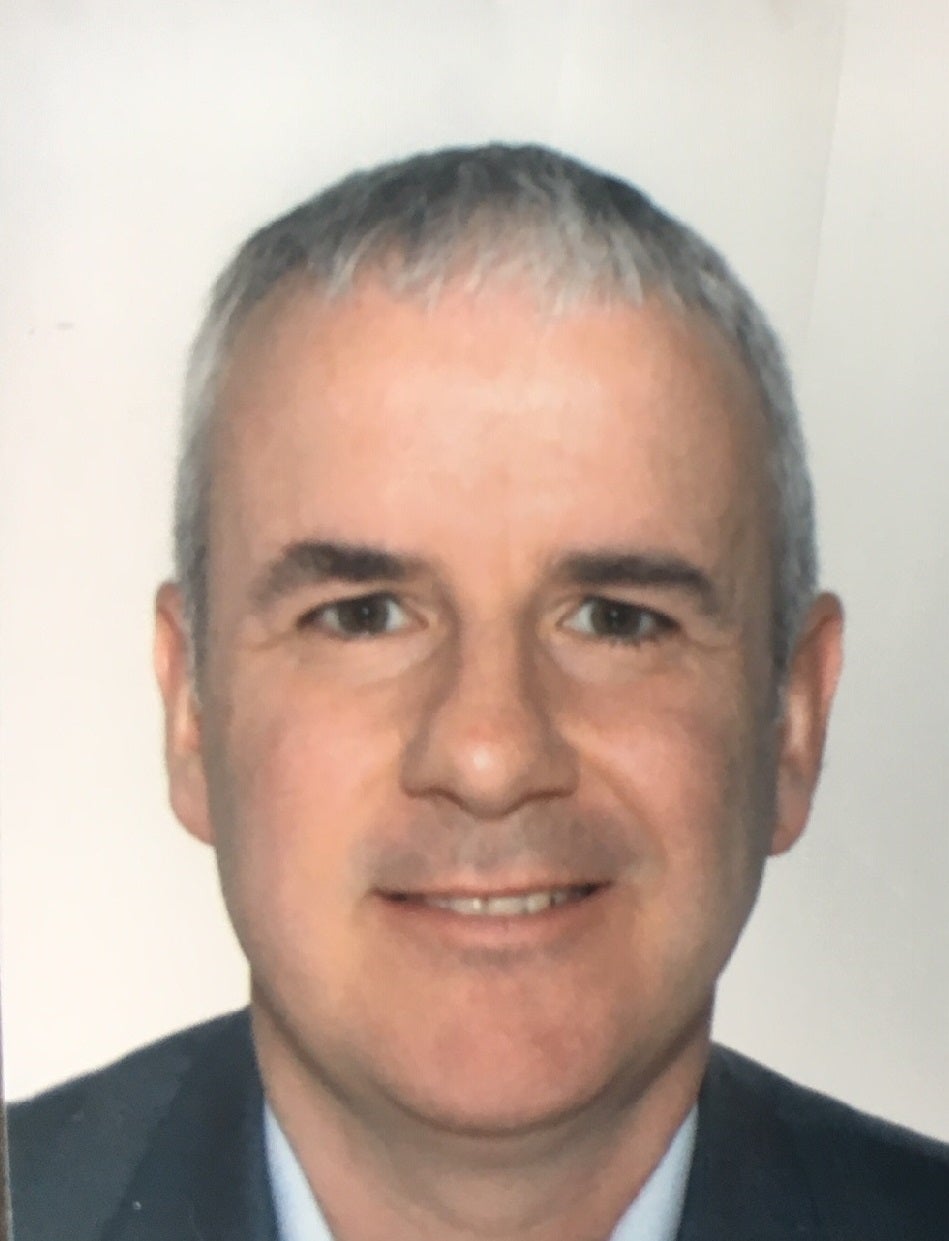
Andreas Alois Reis (MD, MSc) is the Co-Unit Head of the Health Ethics & Governance Unit at WHO. After medical studies and practice in internal medicine he obtained a post-graduate degree in biomedical ethics. He has lectured and organized trainings for WHO in more than 50 countries, has published widely and is the co-editor of four books on health ethics.
Prof. dr. Ross Upshur
Biography
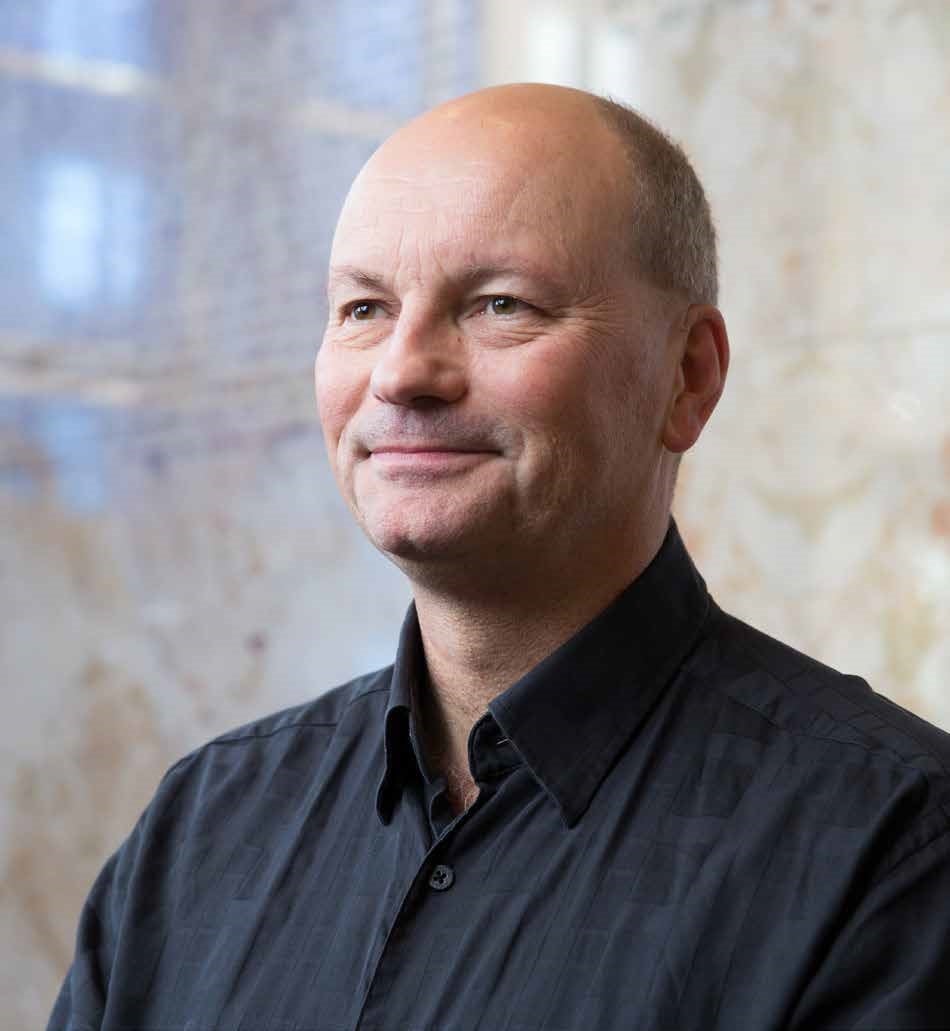
Ross Upshur BA (Hons.), MA, MD, MSc, MCFP, FRCPC, FCAHS is currently the Dalla Lana Chair in Clinical Public Health and Head of the Division of Clinical Public Health at the Dalla Lana School of Public Health, At the University of Toronto, he is a Professor in the Dalla Lana School of Public Health and the Department of Family and Community Medicine, Associate Director of the Collaborative Centre for Climate, Health and Sustainable Care, Affiliate Member of the Institute for the History and Philosophy of Science and Technology, Member of the Joint Centre for Bioethics. He serves as Co-chair of the WHO Ethics and Governance Working Group, chairs the Canadian College of Family Physicians Ethics Committee and is Special Advisor to the Ethics Review Board of Doctors Without Borders. Research interests span multiple domains at the intersection of ethics, epistemology, clinical medicine and public health with applications to climate change, pandemics and artificial intelligence. He is an elected Fellow of the Hastings Center and the Canadian Academy of Health Sciences.
Abstract
What Makes a Measured Difference an Inequity?
Equity has reemerged as a central concern of health systems and population health. In this presentation I will argue that there are two constituent elements to reasoning about equity, the empirical and the normative. There is a tendency in public health policy discussions to focus on the empirical dimensions (some measured difference between identified groups in a population) but less on the normative considerations (why should a measured difference between two groups be worthy of concern). In this presentation I will argue that both the empirical and normative dimensions of equity require rigorous analysis and that approaches to addressing health equity require attention to both.
Dr. Karin Jongsma
Biography
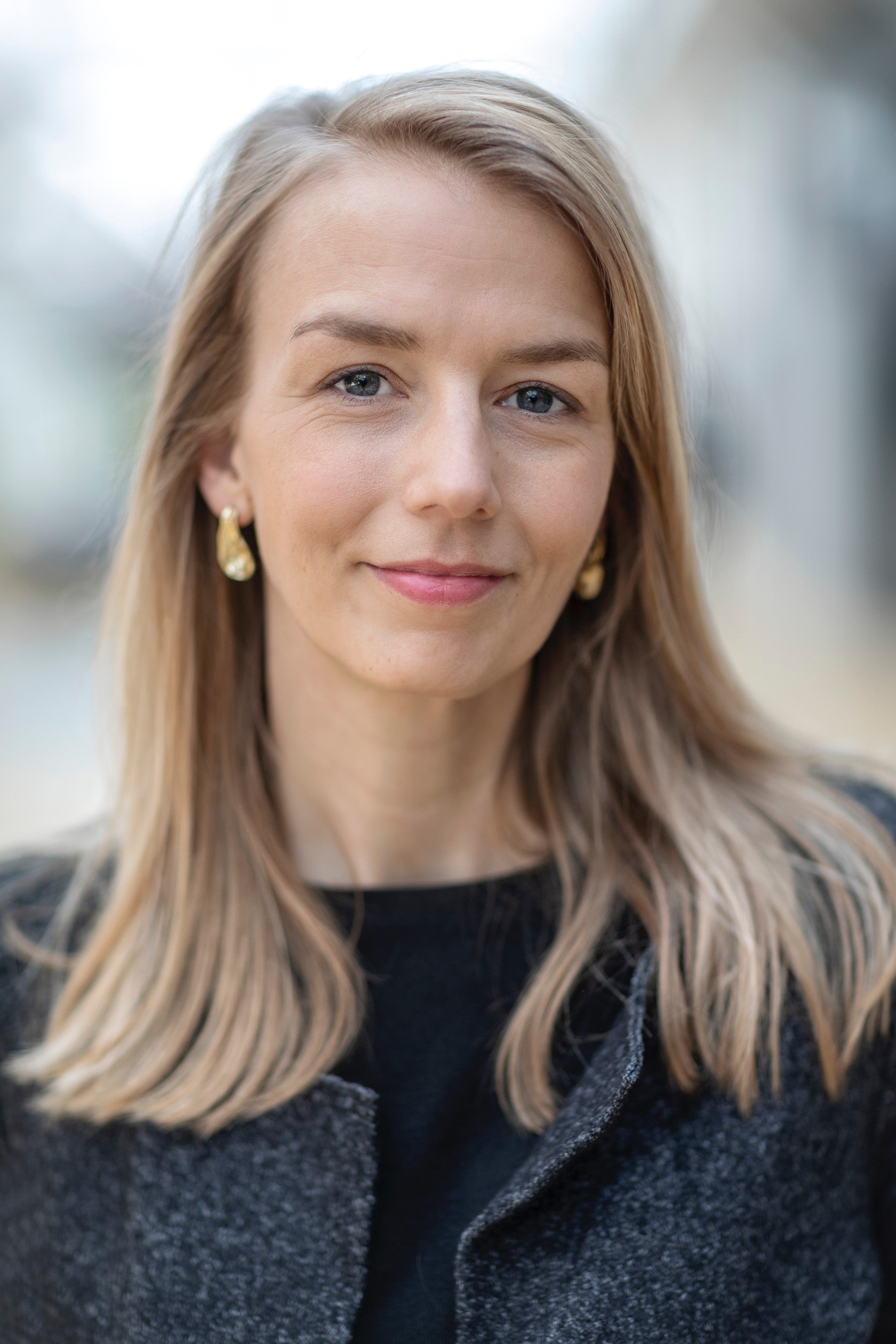
Dr. Karin Jongsma is an associate professor of Bioethics at the Department of Global Public Health and Bioethics of the Julius Center at the University Medical Center Utrecht. Her research focuses on the ethics of emerging biomedical technologies, including digital, regenerative, and neurotechnologies. She currently leads a research group working on these topics.
Abstract
AI in Medicine: More efficiency? Everywhere?
Medical AI is suggested as a solution for many problems in modern medicine and modern society. The claim that medical AI will make medicine more efficient, also in context with little resources, is becoming increasingly prominent in the academic and societal debate and is seemingly supported by promising experimental results. In this talk I will critically engage with claims about AI resulting in efficiency. I will show these claims about efficiency are often flawed and make wrong assumptions about the needs in low and middle income countries and the required infrastructure for AI in clinical care.
Dr. Ehsan Shamsi
Biography
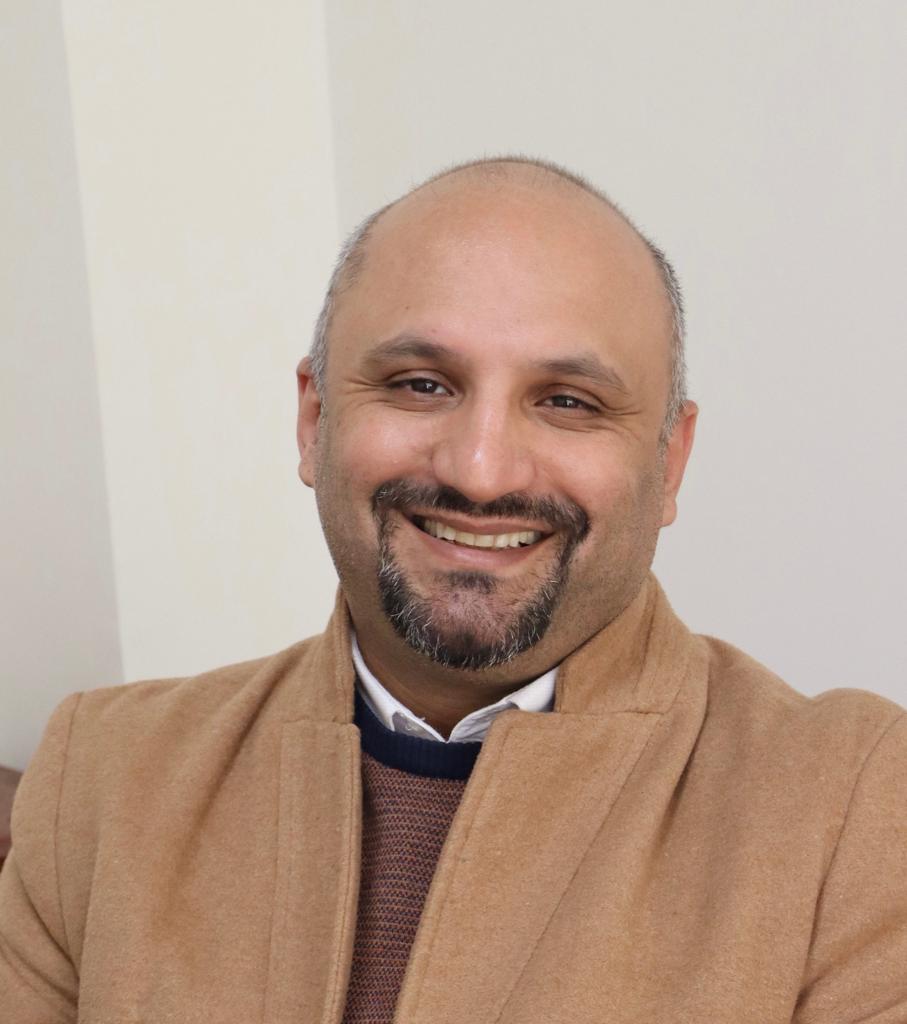
Dr. Ehsan Shamsi Gooshki is a certified medical doctor and Ph.D. in biomedical ethics with around 15 years of teaching and research in diverse fields of bioethics, including clinical ethics, research ethics, public health ethics, and bioethics governance.
Since 2014, Dr. Shamsi has been an Associate Professor of Medical Ethics at Tehran University of Medical Sciences. Concurrently, he assumed pivotal roles such as Secretary of the National Committee for Ethics in Biomedical Research at the Ministry of Health and Medical Education, Senior Advisor and Secretary of the Medical Ethics Committee at Iran Medical Council, and Secretary of the Medical Ethics Group at the Iran Academy of Medical Sciences. Additionally, he spearheaded the development of many national ethics guidelines such as the Iran Medical Council Code of Ethics which significantly impacted health research and practice at the national level.
Dr. Shamsi's engagement with the international arena includes a wide range of collaborations including contribution to the work of the Health Ethics and Governance Unit at the World Health Organization (WHO). Currently, He serves as a consultant and writer of WHO clinical ethics guidance and holds the esteemed position of Vice-chair of the WHO Ethics Review Committee (ERC), of which he has been a member since 2021. Since 2018, he has been appointed by the UNESCO Director-General as one of the 36 members of the UNESCO International Bioethics Committee (IBC), assuming the Vice-chair position in 2023.
In 2023, Dr. Shamsi embarked on a new role as a lecturer at the Monash University Bioethics Centre, a prestigious institute in bioethics.
Abstract
Navigating Global Clinical Ethics: Equity in International Medical Travels, Professional Recruitment, and Organ/Tissue Distribution
While health constitutes a global concern and health services are increasingly being treated as global commodities within a worldwide distribution system and market, the international governing mechanisms necessary for implementing equitable strategies remain underdeveloped. Conversely, bioethical frameworks within the realm of clinical ethics lag behind in establishing a satisfactory ethical foundation for achieving global equity. Concepts like equitable access to healthcare and the right to related services are extensively debated at the state level, whereas discussions on international equity predominantly occur within the context of public health ethics and research ethics. While it may seem premature to discuss the establishment of equitable global healthcare systems with clear governance mechanisms, there is merit in conceptualizing an equitable “global” healthcare environment.
This paper explores the multifaceted dimensions of global clinical ethics by examining instances of international medical travel/tourism, the recruitment of healthcare professionals, and the transport and distribution of organs/tissues. As these issues continue to globalize, ethical concerns regarding equity in healthcare delivery on a global scale are magnified. The paper not only highlights the ethical dilemmas stemming from the recruitment of healthcare professionals from Low-and-Middle-Income Countries by High-Income Countries’ healthcare systems and the resultant effects on healthcare service accessibility in both communities but also discusses potential theories and international mechanisms for addressing this challenge. Similarly, akin to the international movement of healthcare professionals, the international travels of healthcare recipients pose ethical challenges for various stakeholders, including destination countries' healthcare systems, all of which will be explored in this paper. Finally, the paper will examine the ethical implications of another facet of global clinical ethics where neither healthcare professionals nor recipients relocate, but rather biomaterials such as transplantable organs, tissues, and gametes are transferred globally among different countries and regions.
Panel discussion WHO CCs Bioethics
Future directions for health equity in the context of care, research, and education?
- Angus Dawson, Singapore, Singapore
- Katherine Littler, WHO Head Quarters, Switzerland
- Keymanthri Moodley, Cape Town, South Africa
- Julian März, Zürich, Switzerland
- Luis Leandro Garcia Valiña, Buenos Aires, Argentina
